În luna noiembrie anul curent a avut loc cel de-al 18-lea congres al Partidului Comunist chinez. Tovarăşul Victor Ponta a ţinut să precizeze cu această ocazie:
Cel de-al 18-lea Congres Naţional al Partidului Comunist din China (PCC) este de mare importanţă nu doar pentru China, ci, de asemenea, pentru restul lumii, a declarat premierul Victor Ponta în cadrul unui interviu acordat agenţiei oficiale de presă chineze Xinhua.
Prezentate în cadrul unui grupaj alături de opiniile fostului preşedinte uruguayan şi ale viceprim-ministrului nepalez, punctele de vedere ale premierului Victor Ponta au vizat principiile majore stabilite de Congres care demonstrează că RP Chineză nu se concentrează numai pe dezvoltarea sa viitoare ci şi pe responsabilităţile dezvoltării mondiale. În acest context, Ponta a declarat că China joacă rolul de mare putere mondială în economie şi politică.
Rolul Chinei pe scena mondială este unul pozitiv, iar cel de-al 18-lea Congres arată că PPC adoptă o atitudine responsabilă faţă de propriul popor şi faţă de toată omenirea, a mai spus premierul român. În secolul XXI, toate ţările se confruntă cu provocări diferite în domenii cum ar fi dezvoltarea economică, modele de dezvoltare şi îmbunătăţirea standardelor de viață ale oamenilor, notează agenţia de presă.
Potrivit premierului Victor Ponta, prin propriile practici China a dovedit că este un model de dezvoltare, că răspunde aşteptărilor poporului, subliniind că modelul de dezvoltare adoptat de China şi planurile stabilite pentru viitor sunt corecte.
Noua conducere de partid şi de stat din China tocmai a anunţat o serie de măsuri menite să descurajeze provocările şi să încurajeze o atitudine responsabilă a poporului faţă de partidul comunist:
China a adoptat vineri o serie de măsuri stricte de control al internetului, legalizând ştergerea de postări sau pagini care conţin informaţii „ilegale” şi stabilind obligativitatea furnizorilor de servicii internet să transfere astfel de informaţii către autorităţi, în scopul pedepsirii făptaşilor.
Potrivit premierului Victor Ponta, prin propriile practici China a dovedit că este un model de dezvoltare.









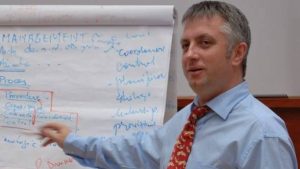

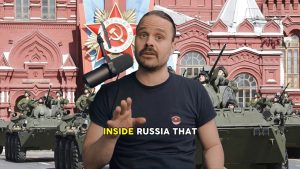
![marius-bostan-foto[1] marius-bostan-foto[1]](https://inliniedreapta.net/wp-content/uploads/elementor/thumbs/marius-bostan-foto1-qt9ywoo2b2lgv37b76h9qr5yo6db5vwzoxbuvd4e6o.jpg)

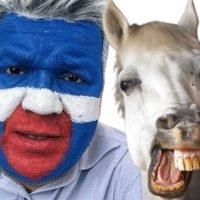


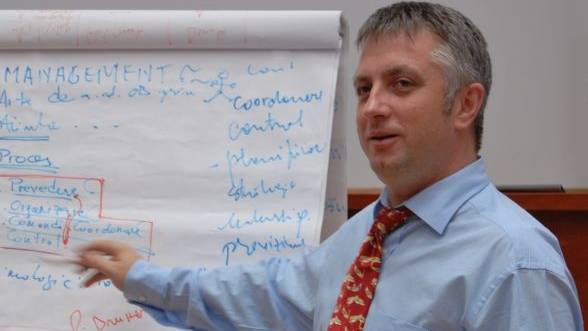
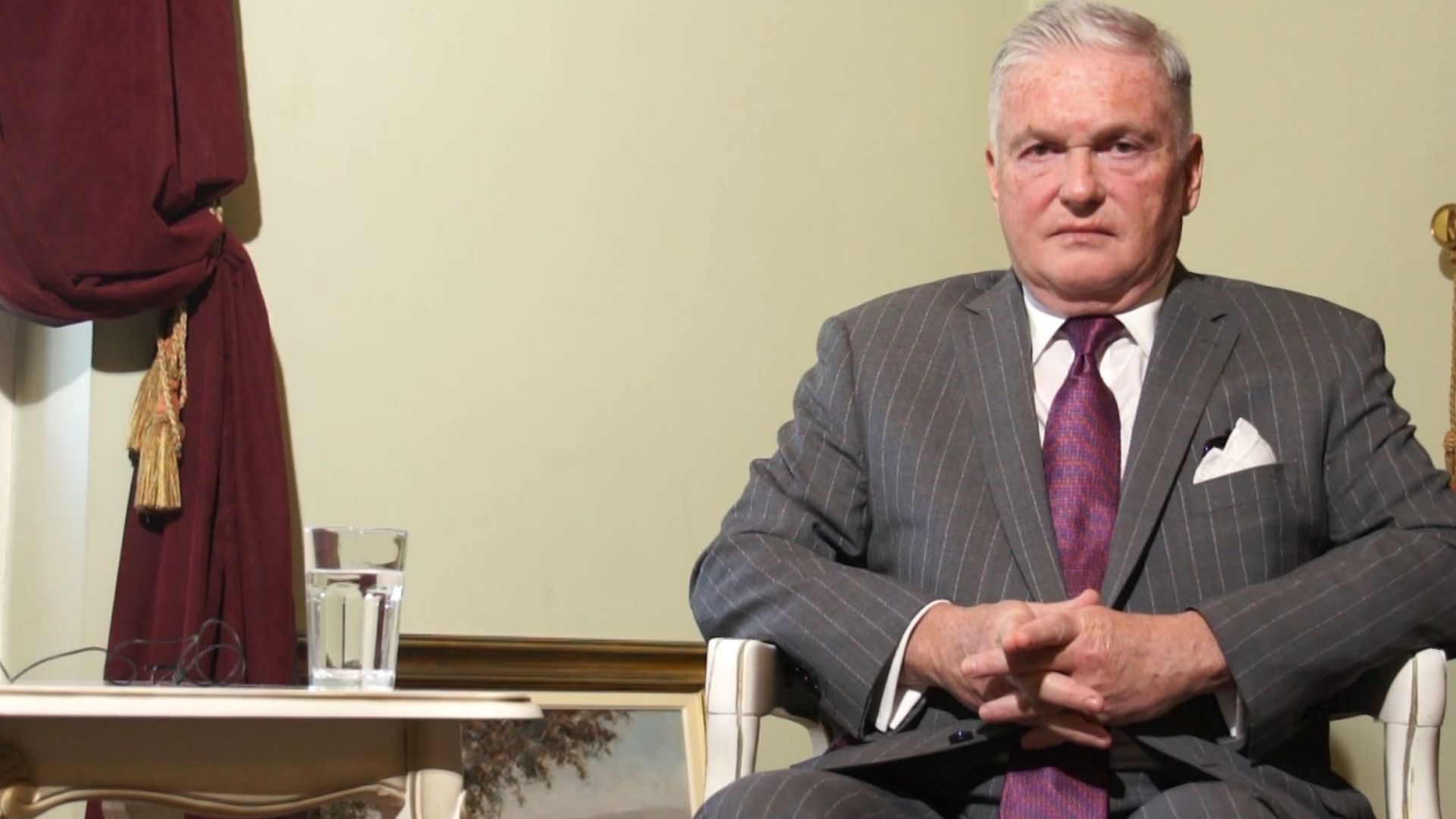

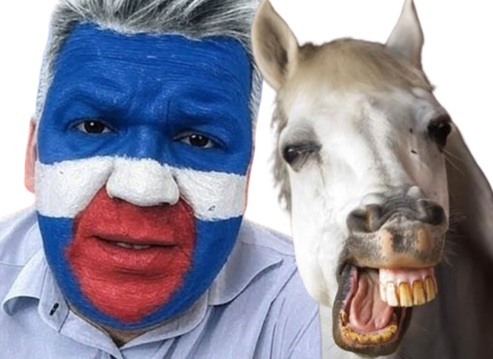


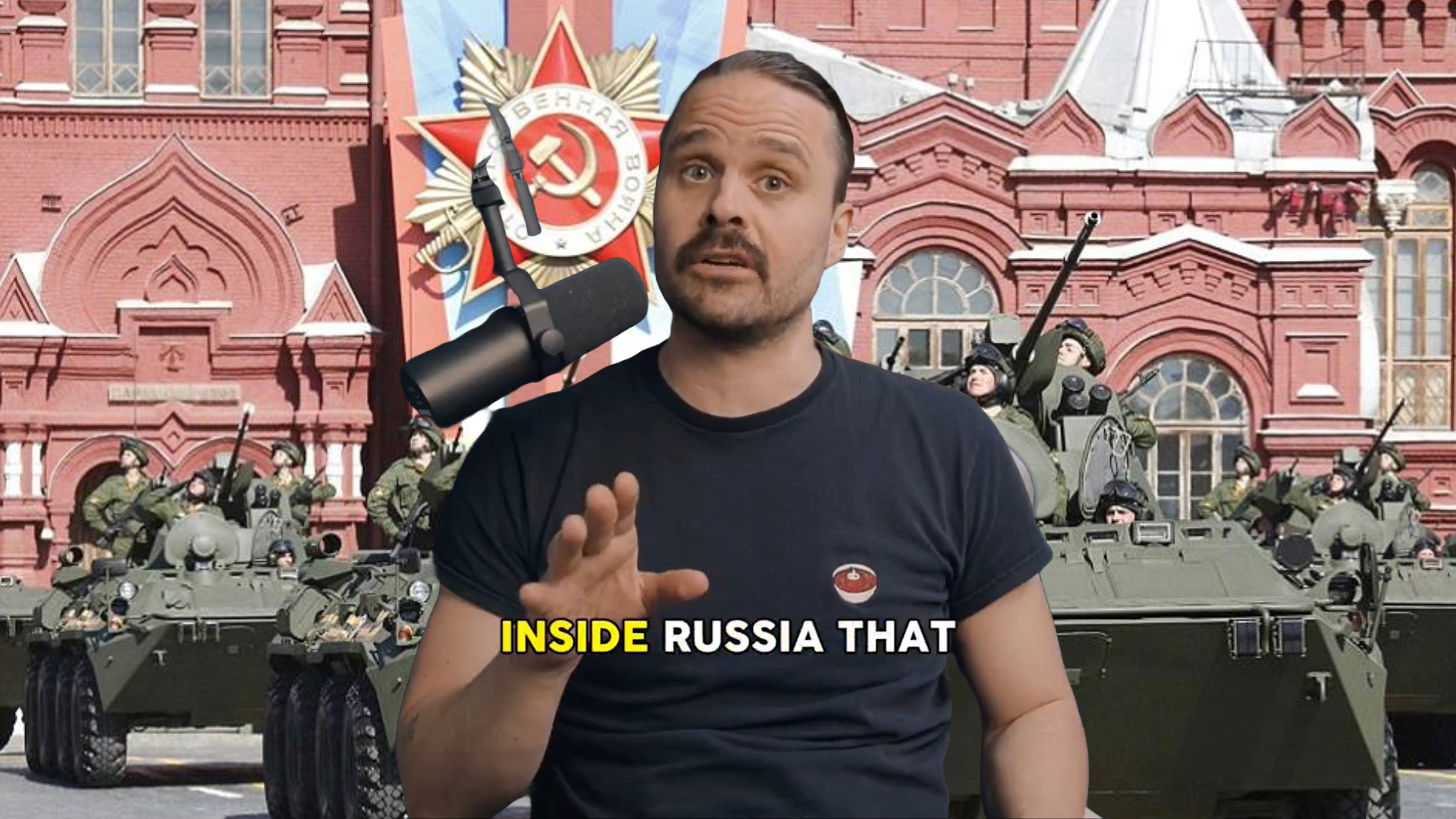

8 Comments
Costin Andrieş
28 December 2012Ponta, acum aproape 2 ani, interviu de Dan Tapalaga: Câte ruble face Ponta
Anca Cernea
28 December 2012Aveți privilegiul să întrezăriți aici modelul de dezvoltare ce ne stă în față, sub conducerea preaînțeleptului ponta: o fabrică de bujii așa cum își dorește el pentru România. Luați aminte și învățați de aici protecția muncii, igiena, managementul avansat – lucruri ce vor transforma cantitatea într-o nouă calitate:
mulțumiri MFSPB (Mișcarea în Favoarea Sclaviei pentru Prețuri Bune)
John Galt
28 December 2012Doi roboti ar face treaba mai repede si mai bine. Insa deh, mai simplu e sa ai sclavii tai, nu?
Modelul chinezesc este extrem de ineficient. Nu s-a lipit de ei nimic din civilizatia vestica. Dar absolut nimic. La fel si Ponta, nici el nu intelege mare lucru.
bilbofil
28 December 2012Ca să mă fac avocatul diavolului:
Doi roboți ar face treaba mai repede și mai bine, dacă ar exista bani pentru a-i cumpăra. La achiziție ar putea rezulta că de fapt plusul de profitabilitate este mai mult decît absorbit de marja producătorului și de dobînzile la finanțare. Acum o sută-două de ani, din același motiv, țăranii români purtau în principal haine țesute manual și croite pe comandă deși fabricile de confecții engleze erau mult mai eficiente. Mai mult, dacă acei lucrători în loc să muncească în aceste condiții ar încercă să își cîștige traiul ca părinții ori bunicii lor, din cultura orezului, ar crăpa de foame și ar fi încă mai expuși bolilor și accidentelor profesionale. Altfel spus, este nevoie de decenii de investiții pentru a ajunge la condițiile actuale din Occident și Occidentul însuși a trecut ca atare printr-o perioadă „eroică” a industrializării.
Mai mult, spiritul tradițional mercantil chinez pare că s-a îmbibat de capitalismul occidental într-o suficientă măsură încât să facă actualul mix economic și de civilizație instabil. Forța de muncă are nevoie și pretinde o creștere economică care să îi permită să spere la mai bine, birocrația coruptă depinde și ea de șpăgile unei economii în dezvoltare, etc. Eforturile liderilor comuniști chinezi este cum să mențină echilibrul politic și pacea internă, cum să atenueze dezechilibrele care se acumulează în această frenetică dezvoltare pe seama „liberalizărilor”, inclusiv o bulă a investițiilor economice neperformante.
Istoric, China a fost o societate rigidă care se reașează o dată la cîteva generații prin explozii sociale majore. România nu are dimensiunile care îi permit Chinei să suporte atît dezechilibre ca cele de acum, cît și să supraviețuiască unor răscoale și războaie civile devastatoare, ca cele cu care s-a confruntat cel mai recent între prăbușirea imperiului și instaurarea comunismului (ca să nu menționez episodul Revoluției Culturale, fără de care comunismul chinez ar fi riscat o prăbușire de tip hrușciovist/gorbaciovist a regimului încă din anii ’60). Și mai ales nu are cultura care să facă posibilă rigiditatea chineză. De aceea românii ar face bine să încerce să învețe capitalismul direct de la sursele sale anglo-saxone, nu prin intermediari al căror succes este spectaculos doar prin raportare la un punct de pornire dezastruos de jos.
emil borcean
28 December 2012Bilbofil. Iata radiografia financiar-economica a „eforturilor liderilor comunisti chinezi” ????
bilbofil
28 December 2012Emil Borcean, mulțumesc pentru articol, care mi-a pus punctele pe i în mai multe privințe. Nu anulează însă ceea ce am afirmat. Condițiile proaste de muncă sînt în primul rînd efectul unei relative lipse de capitaluri și de acces la inovație tehnică originală și în sine nu au legătură cu regimul politic actual din China. Apoi, dacă elitele chineze nu ar fi încercat în mod paternalist (citește: mafiot) să îndrume economia de piață nu ar fi putut să se mențină nici sistemul de „redistribuire” a resurselor către întreprinderile de stat și către „elite” și nici chiar stabilitatea unei creșteri economice accelerate (cu costul limitării ei) în condițiile unui sistem economic privat-corporatist (altfel spus, fascist).
Pe de altă parte, populația chineză îmbătrînește, motorul exporturilor este tot mai greu de ținut la turație maximă, ceea ce duce la acumularea de investiții și, implicit de investiții necompetitive. Dacă, sau mai corect cînd, „eforturile liderilor chinezi” nu vor mai reuși să țină în frîu aceste probleme, asigurînd o aterizare lină a Chinei pe palierul unei economii mature se va produce o explozie de mari proporții.
Revenind la ideile domnului Ponta, și România a avut dobînzi real-negative la credite în prima parte a anilor ’90. Doar că, în condițiile unui sistem de protecție socială de tip „să se deie” – la care nu se poate renunța fără a declanșa o revoluție socială și, mai ales, avînd în locul unei populații tinere și sărace la țară care să susțină industrializarea, o muncitorime ineficientă și slab calificată rezultatele au fost exact opuse celor din China. Mai mult, România în întregul ei are dimensiunile (mai ales ca populație) ale unei singure „regiuni speciale” din China astfel că nu are cum să se aplice la noi sistemul „o țară două sisteme”. Mai mult, România fără UE nu are spațiu pentru a se dezvolta, iar în UE, cu toate păcatele sale, nu este loc pentru politici economice de tip chinez.
Practic, articolul explică convingător că problema modelului chinez nu este (doar) una etică ci de viabilitate și de eficiență, fiind astfel o completare utilă și aproape necesară la corpul articolului.
emil borcean
28 December 2012Bilbofil, iti multumesc pentru atentia acordata articolului. Sa fiu scuzat ca nu voi comenta la cele spuse de tine – in niciun caz pe motiv de lipsa de interes din partea mea – dar China mai are nevoie de o lamurire. E un eseu mai lung, dar bine complementar la subiect.
Why China is not going to be a Superpower
bilbofil
28 December 2012Mulțumesc pentru link. Nu sînt cunoscător al realităților chineze așa încît nu pot trece de stadiul unei credințe și anume că, cu cît presiunile vor fi lăsate să se acumuleze mai mult, cu atît mai puternică va fi explozia.
M-am băgat inițial în discuție doar pentru a împiedica ceea ce mi se părea a fi o atenuare a gugumăniei afirmațiilor lui Ponta prin diluare. Românii nu numai că nu ar trebui să își dorească modelul chinez, dar el este cu mult mai irealizabil în contextul nostru decît „modelul sudez” sau chiar „modelul japonez”de economie. În schimb, condițiile de muncă și de plată din România sînt și vor mai rămîne mai proaste decît cele de pildă din Germania cîtă vreme România nu va ajunge la nivelul de investiții pe loc de muncă din Germania.
Nu mă așteptam să mă aleg cu analize atît de pertinente ale Chinei într-un articol despre afirmațiile unui Ponta.